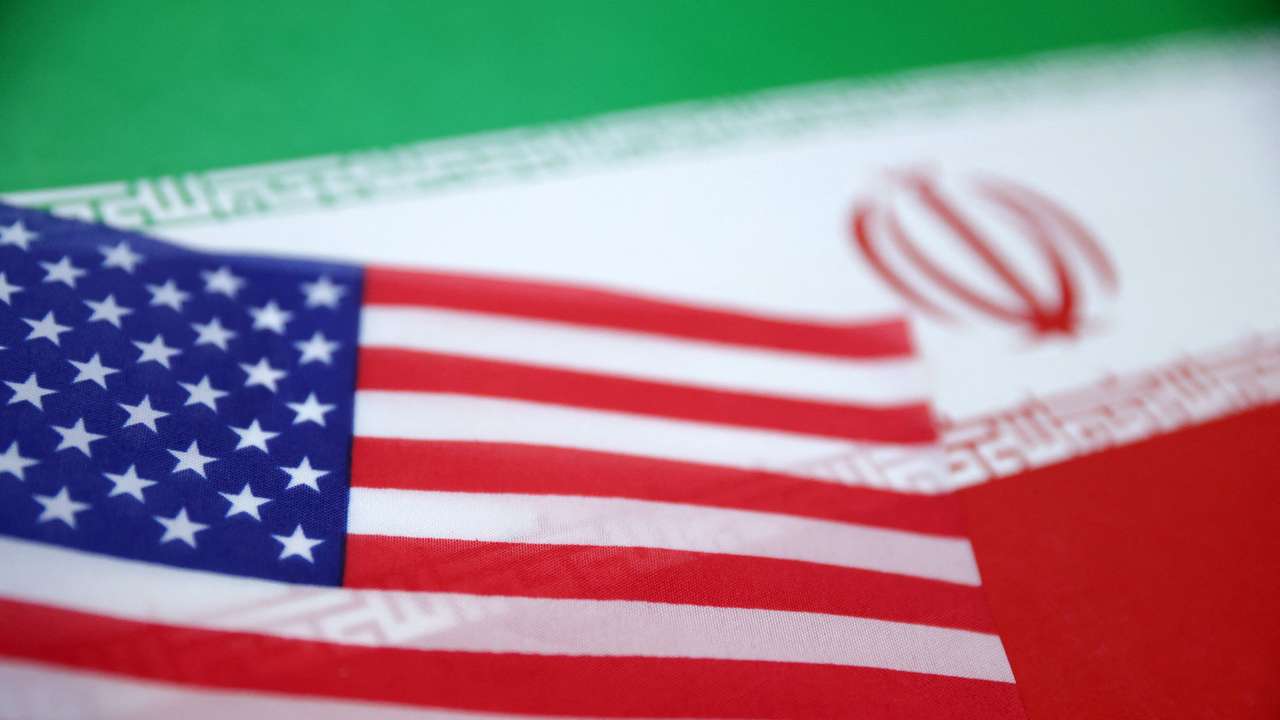Iran Roundup: Oil exports surge, Iran insists on US compensation before talks, slow acceptance of free speech

Free speech sees rare win in Iran
Iran has withdrawn a proposed internet censorship bill after political and public backlash. Introduced after a brief conflict with Israel, the bill aimed to penalise "false" online content but drew criticism for threatening civil liberties and expanding censorship. The move underscores tensions in Iran between national security and digital rights, with critics warning the bill's vague terms could worsen repression in one of the world’s most restrictive online environments.
Iran’s oil exports surge
Despite sanctions and military strikes, Iran’s oil exports soared in the first half of 2025, reaching nearly 1.7 million barrels per day in June, totalling over $3.6 billion in revenue, according to Tankertrackers. This marks a 30–37% increase compared to January 2025 levels, outpacing export figures at the end of the Biden administration. The rise challenges U.S. goals to curb Tehran’s oil revenue, which funds domestic repression and regional threats. Treasury Secretary Scott Bessent’s pledge to cut exports to near zero remains unmet.
Iran slams US sanctions on Indian firms as ‘modern economic imperialism’
Iran's Embassy in India condemned U.S. tariffs on Indian imports and sanctions on six Indian firms trading Iranian petrochemicals, calling it “modern economic imperialism.” Tehran accused Washington of weaponising sanctions to pressure independent nations like Iran and India. The embassy urged resistance to such policies, framing it as support for a stronger Global South. Iran's foreign ministry also called the sanctions a “malicious act” against its economic development.
Iran insists on US compensation before talks
Iran reaffirmed its commitment to uranium enrichment and ruled out resuming nuclear talks unless the U.S. compensates for damages from its recent conflict with Israel, Foreign Minister Abbas Araghchi told the Financial Times. Araghchi cited deep mistrust of the Trump administration and strong domestic opposition to negotiations. He reiterated Iran’s stance on a peaceful nuclear program, referencing a longstanding fatwa banning nuclear weapons, and confirmed message exchanges with U.S. envoy Steve Witkoff during and after the conflict.
Russia voices concern over threat of new strikes on Iran's nuclear facilities
Following US and Israeli airstrikes on Iranian nuclear facilities, Russia called for renewed dialogue to resolve the nuclear issue. Foreign ministry spokeswoman Maria Zakharova expressed concern over further strikes and stressed that a deal with Tehran remains possible through diplomacy. The strikes came during a 12-day Iran-Israel conflict sparked by Israel’s June 13 aerial attack. The violence, which caused casualties on both sides, ended with a ceasefire on June 24. The US joined the conflict, targeting Iranian nuclear sites on June 22.
This story is written and edited by the Global South World team, you can contact us here.